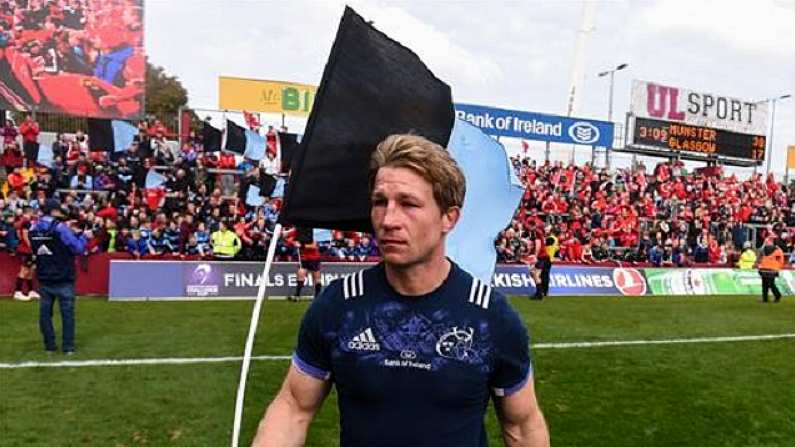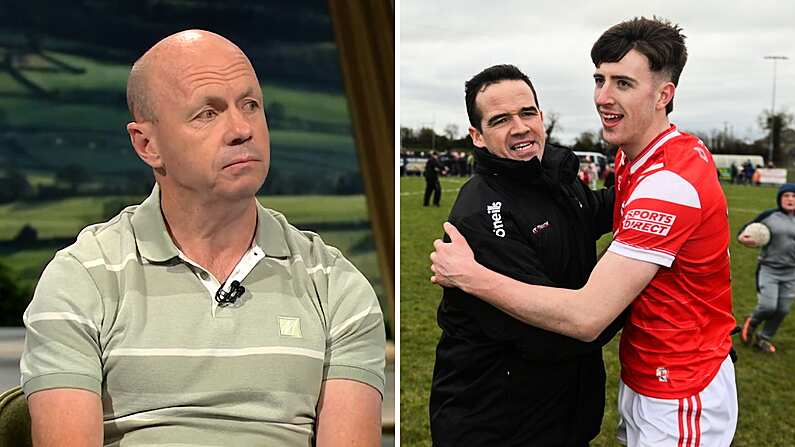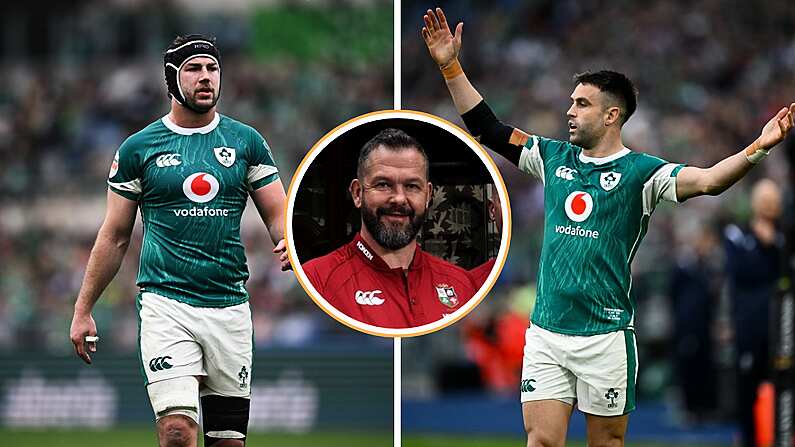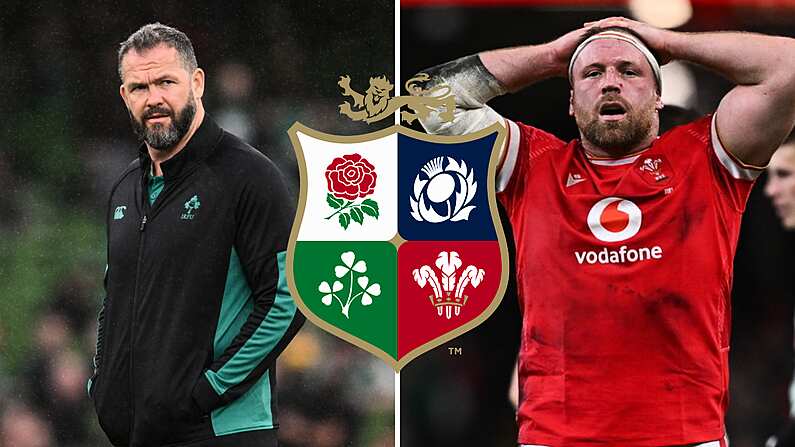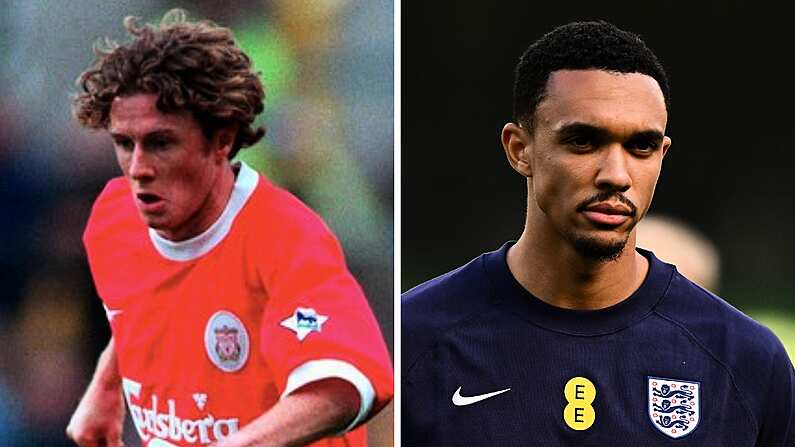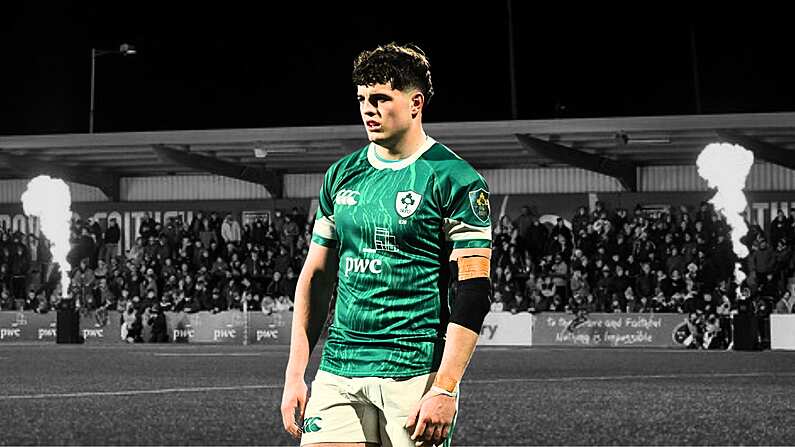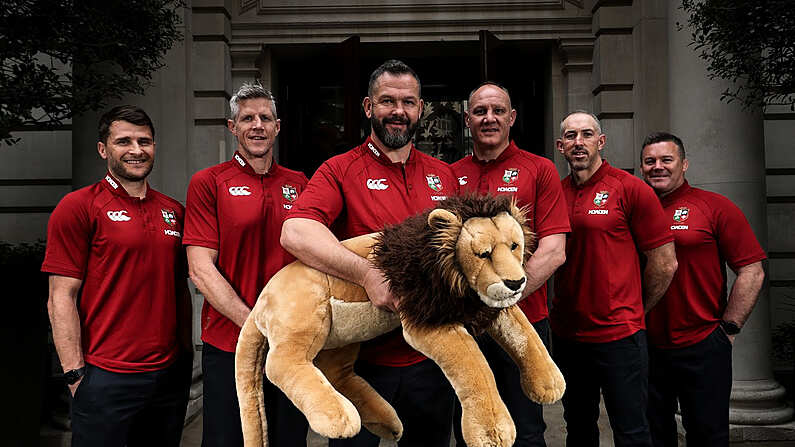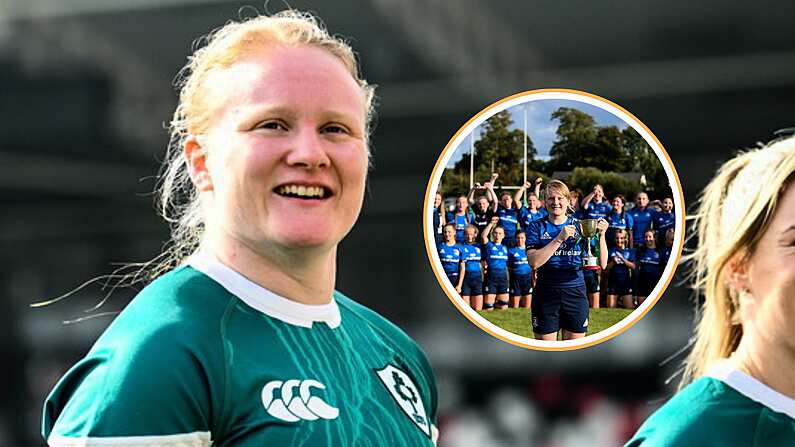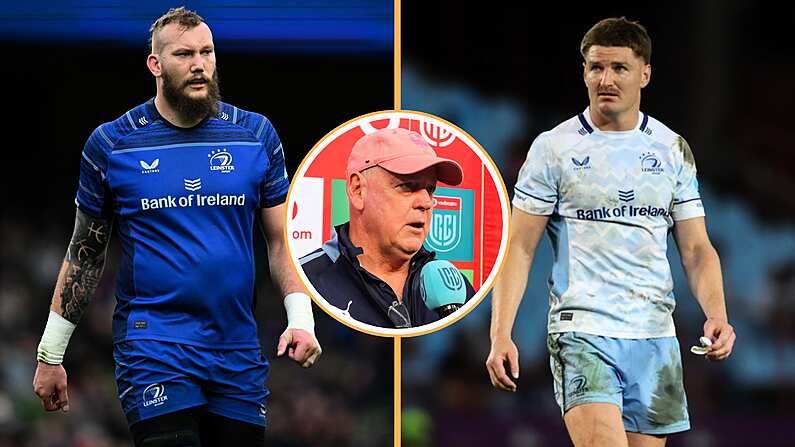On Saturday, Munster travel to Scotstoun Stadium for their return encounter with Glasgow, less than three months after that rollercoaster two days in Killaloe and Limerick.
The southern province have embarked on an astounding run since the untimely passing of Anthony Foley; of their 10 victories since a life-altering October, eight have arrived versus formidable opposition - the sole reversal against Leicester at Welford Road offering a reminder that success can't be born of raw passion and emotion alone. Not that this Munster team would require such reminding.
In a fascinating interview with Ciarán Ó Raghallaigh in The Times (€), Jerry Flannery elaborated on an extraordinary few months for his side, but expressed his disillusionment with the fact that it took Axel Foley's death for Munster to hit their stride.
For the first time, Flannery reflected on that horrendous day in Colombes, when news trickled through to Foley's friends and colleagues that the great man had passed away in his sleep. It was Flannery and co. who were tasked with breaking the news to Foley's wife and father. They then compiled a list of friends and former teammates who were unknowingly about to receive one of the worst phonecalls of their lives:
All my mates, team-mates, everyone who played with him in Shannon, Munchin’s... We made a list, I started ringing them. It was so weird, like ringing Peter Stringer, and he’s like, ‘Well Fla, how’s it going’, and I say, ‘Strings, I’ve some really bad news’... you’re going through it and you’re drawing up old Munster teams and crossing people off, then going through old Shannon teams...
On that monumental victory over Glasgow, which followed Axel's funeral in Killaloe, Flannery remains somewhat bemused. He explained that 14-man Munster's performance came from nowhere in particular bar the urge to pay homage to a former player, coach and legend, but - as lauded as it was - it paled in comparison to what had come before:
I don’t have a view on how it happened, there wasn’t a choice. If we had a choice, I’d rather we lost every game for the rest of the year and Axel was alive, but this is what happened.
I don’t think any coach or player could envisage this happening. It’s as if he gave us a huge perspective check.
Echoing the thoughts of Keith Earls a few weeks ago, Flannery also explained how it didn't sit well with him that it took Foley's death to spur Munster into action.
Foley, says Flannery, viewed rugby as 'a game', and was constantly frustrated by the underperformance of players within whom he saw enormous potential - players he vouched for when so many others turned up their nose:
I’m actually embarrassed that it took something like this... I suppose it seems to have happened with everyone, it took something like this to realise it’s a game, and the whole thing for Munster is you go out and empty the tank and people realise that, and win lose or draw, the people will get behind you.
Axel was the guy who went out and saw Tyler Bleyendaal and said, ‘I want him here’, then when he broke his neck Axel said, ‘I don’t care, get him over here, he’s top class.’
Axel saw the potential in the players and he used to get so frustrated.
If I was up there with him now, he’d say, ‘I told you so’.
There's a whole lot more within Ciarán Ó Raghallaigh's original piece in the The Times - it's probably worth a month's subscription alone.
Glasgow vs Munster kicks off at 17:30 this Saturday, and will be broadcast live on Sky Sports.

